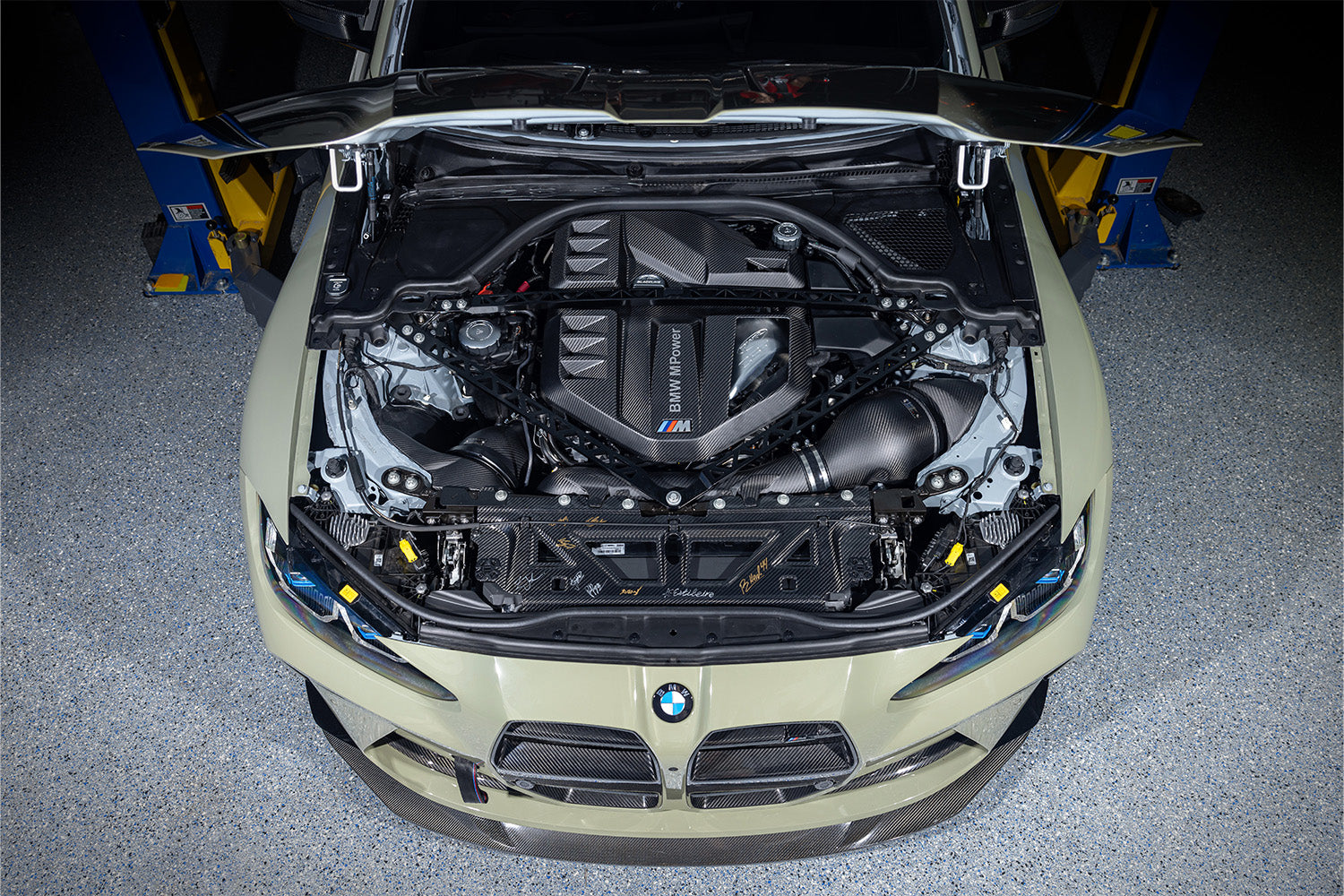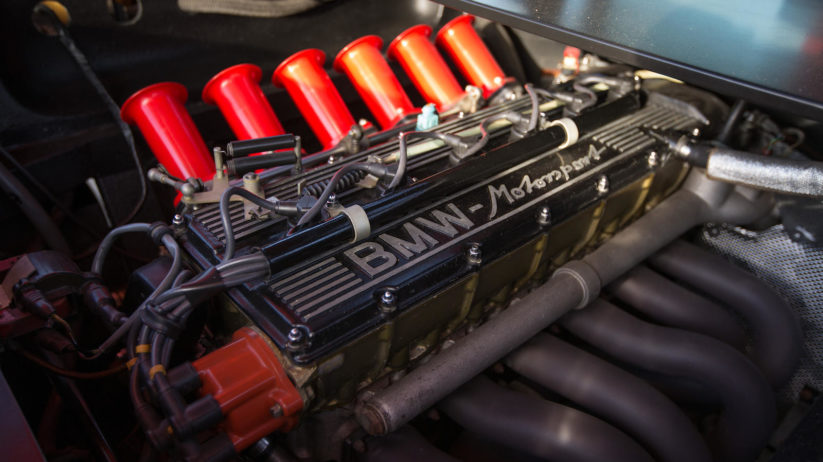The Role of BMW Engine Design in Getting Exceptional Fuel Performance
The Role of BMW Engine Design in Getting Exceptional Fuel Performance
Blog Article
Introducing the Intricacies of Next-Generation Power Units: a Deep Study Advanced Engine Developments and layouts
As we stand on the precipice of a new period in transport, the details of next-generation engine styles beckon us to discover the innovative modern technologies and technologies that guarantee to redefine the driving experience. Delving deeper into the worlds of exhaust control, smart engine management systems, and the perspective of power system growth, we locate ourselves on the cusp of a makeover that assures to improve the landscape of flexibility as we know it.
Evolution of Engine Materials

The shift in the direction of advanced engine products has actually likewise made it possible for engineers to create engines with higher power results while preserving fuel effectiveness requirements. The usage of lightweight materials lowers the general weight of the engine, leading to enhanced fuel economy and reduced exhausts. In addition, advancements in materials modern technology have permitted much better thermal monitoring within engines, leading to raised integrity and long life.
Turbocharging and Supercharging Technologies
How do Turbocharging and Supercharging Technologies transform engine performance and efficiency in modern-day vehicles? Turbocharging and supercharging are innovations that significantly boost engine efficiency by increasing the amount of air intake right into the combustion chamber. Turbocharging attains this by using a turbine driven by exhaust gases to pressurize the consumption air, while supercharging makes use of a belt- or chain-driven compressor to accomplish the very same impact.
These technologies make it possible for smaller, extra fuel-efficient engines to create power equal to larger ones, known as downsizing. By compeling more air right into the cylinders, turbocharging and turbo charging boost combustion performance, leading to enhanced horse power and torque output without a substantial boost in engine size. This leads to much better acceleration, lugging capability, and overall driving efficiency.
Additionally, turbo charging and turbocharging add to improved fuel performance by allowing the usage of smaller sized engines that consume much less fuel under typical driving problems - bmw engine. This combination of improved performance and performance has actually made turbocharging and supercharging essential components of many modern engine layouts
Emission Control and Environmental Effect
With enhancing global problems pertaining to air high quality and environmental sustainability, the implementation of exhaust control innovations in automobiles plays a vital role in reducing dangerous toxins launched into the atmosphere. Modern automobiles are equipped with advanced emission control systems that assist lessen the ecological effect of automobile procedures. Catalytic converters, as an example, are made to transform toxic gases such as carbon monoxide gas, nitrogen oxides, and hydrocarbons right into much less unsafe materials like co2 and water vapor.
Moreover, developments in engine technology, such as the combination of exhaust gas recirculation systems and selective catalytic decrease, have More Bonuses actually substantially added to reducing discharges. These technologies operate in tandem to maximize burning effectiveness and reduce the release of hazardous pollutants right into the air. Furthermore, the development of hybrid and electrical automobiles represents an essential action in the direction of decreasing the overall ecological impact of the transportation sector.
Intelligent Engine Management Equipment

Additionally, these systems enable vehicles to fulfill rigorous exhausts requirements without compromising efficiency, supplying a more ecologically pleasant driving experience. The combination of fabricated knowledge and machine discovering capabilities in engine administration systems remains to push the limits of what is feasible, bring about additional enhancements in efficiency, dependability, and general lorry efficiency. bmw engine. As vehicle modern technology developments, intelligent engine administration systems will certainly play a crucial duty fit the future of transportation in the direction of a much more efficient and sustainable direction
Future Trends in Power Device Growth
As smart engine administration systems lead the way for enhanced control and optimization in contemporary automobiles, future trends in power unit development are positioned to redefine the landscape of auto propulsion innovations. One of the vital patterns driving development in power system development is the change towards electrification. With an increasing focus on sustainability and minimizing carbon discharges, crossbreed and electrical powertrains are ending up being much more widespread in the automobile market. These alternate power sources offer improved effectiveness and performance while aligning with rigid ecological regulations.
Another considerable pattern is the integration of sophisticated products and making techniques. Lightweight find this products such as carbon fiber and aluminum are being utilized to minimize total automobile weight, improving gas efficiency and efficiency. Additionally, improvements in 3D printing and additive manufacturing are allowing the production of intricate engine elements with higher accuracy and toughness.
Furthermore, fabricated intelligence and artificial intelligence are playing an essential function in optimizing power device performance. These modern technologies permit real-time monitoring and adaptive control, leading to extra efficient and trusted power delivery. Overall, future fads in power unit growth are tailored towards performance, sustainability, and performance, driving the automobile industry in the direction of a new age of propulsion innovations.

Conclusion
In final thought, the innovations in engine materials, turbocharging, exhaust control, and intelligent management systems have actually paved the means for next-generation power systems. The detailed layouts and technologies in contemporary engines showcase the ongoing evolution of vehicle modern technology.
Exploring the modern improvements in engine materials has been crucial in improving the efficiency and effectiveness of modern engines. Over the years, the advancement of engine products has played an important role in pressing the limits of what engines can accomplish.The shift towards advanced engine products has additionally made it possible for designers to develop engines with greater power outputs while keeping gas effectiveness requirements.The execution of intelligent engine administration systems in contemporary cars has changed the method engines are regulated and maximized for Web Site efficiency and performance. By gathering information in real-time and evaluating it with advanced algorithms, smart engine administration systems can adapt to driving styles, environmental factors, and engine wellness to take full advantage of power output while reducing gas usage and exhausts.
Report this page